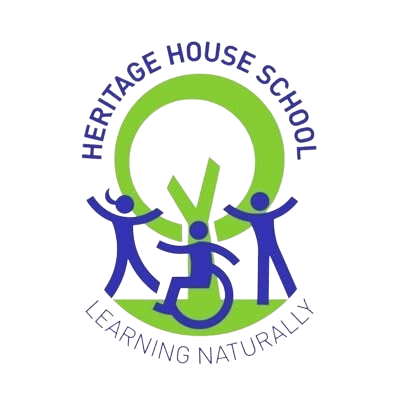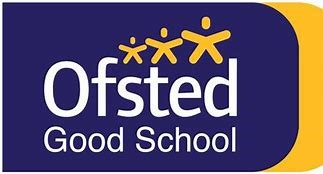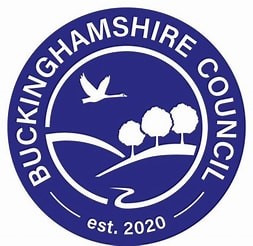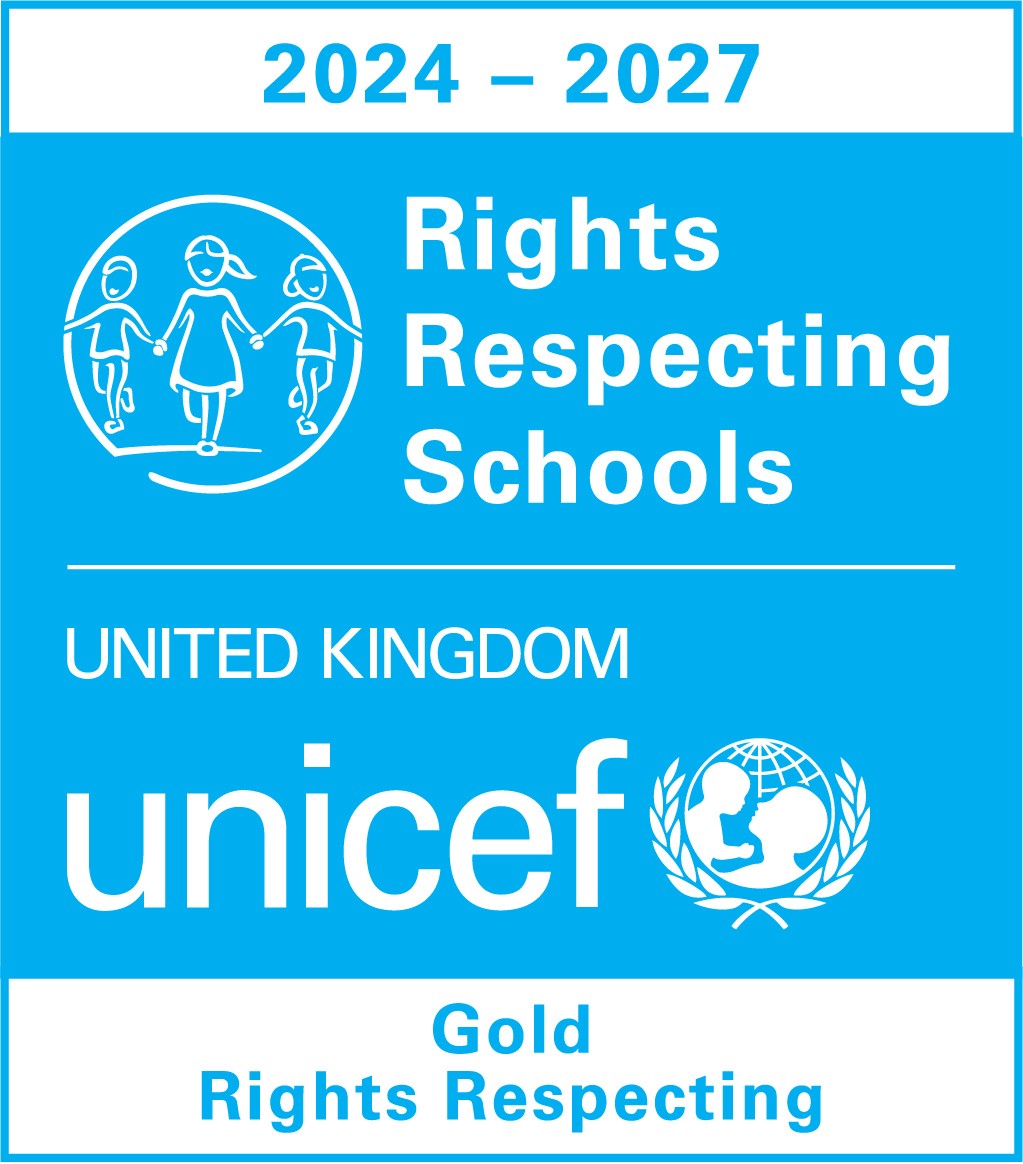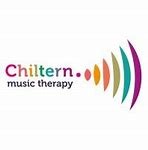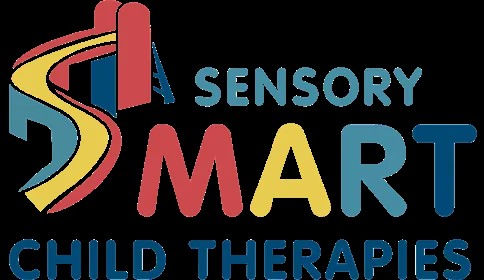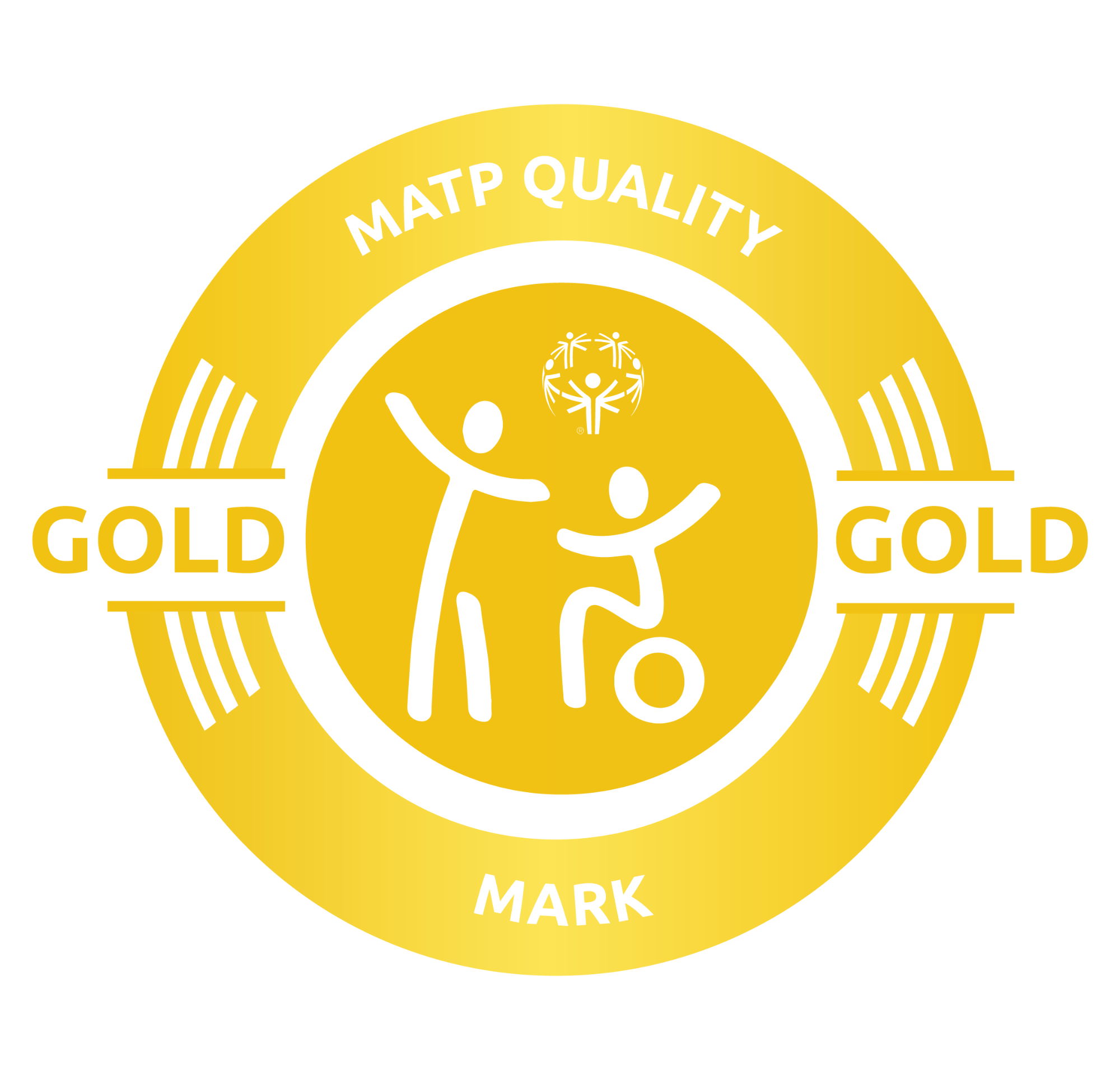Jargon Buster
Academies
A state-funded school in England that is directly funded by the Department for Education, through the Education Funding Agency. Academies are self-governing and independent of local authority control.
Annual Review
The review of an Education, Health and Care Plan which the local authority must make as a minimum every 12 months.
Care Plan
A record of the health and/or social care services that are being provided to a child or young person to help them manage a disability or health condition. The Plan will be agreed with the child’s parent or the young person and may be contained within a patient’s medical record or maintained as a separate document. Care Plans are also maintained by local authorities for looked after children – in this instance the Care Plan will contain a Personal Education Plan in addition to the health and social care elements.
Child and Adolescent Mental Health Services (CAMHS)
These services assess and treat children and young people with emotional, behavioural or mental health difficulties. They range from basic pastoral care, such as identifying mental health problems, to specialist ‘Tier 4’ CAMHS, which provide in-patient care for those who are severely mentally ill.
Early Years Foundation Stage (EYFS)
The Early Years Foundation Stage begins when children reach the age of three. Many children attend an early education setting soon after their third birthday. The foundation stage continues until the end of the reception year and is consistent with the National Curriculum. It prepares children for learning in Year 1, when programmes of study for Key Stage 1 are taught.
Education, Health and Care Plan (EHC Plan)
An EHC plan details the education, health and social care support that is to be provided to a child or young person who has SEN or a disability. It is drawn up by the local authority after an EHC needs assessment of the child or young person has determined that an EHC plan is necessary, and after consultation with relevant partner agencies.
First-Tier Tribunal (Special Educational Needs and Disability)
An independent body which has jurisdiction under section 333 of the Education Act 1996 for determining appeals by parents against local authority decisions on EHC needs assessments and EHC plans. The Tribunal’s decision is binding on both parties to the appeal. The Tribunal also hears claims of disability discrimination under the Equality Act 2010.
Free School Meals
Number of pupils known to be eligible for and claiming free school meals who have full time attendance and are aged 15 or under, or who have part time attendance and are aged between 5 and 15.
Key Stage
The four stages of pupils’ progress in acquiring knowledge and skills as set out in the national curriculum. Pupils are tested at the end of each stage: Key Stage 1, where the majority of pupils are aged 5 to 7; Key Stage 2, where the majority of pupils are aged 7 to 11; Key Stage 3, where the majority of children are aged 11 to 14; and Key Stage 4, where the majority of pupils are aged 14 to 16. At Heritage House, pupils aged 16 to 19 years are considered to be in Key Stage 5 or Sixth Form.
Local Offer
Local authorities in England are required to set out in their Local Offer information about provision they expect to be available across education, health and social care for children and young people in their area who have SEN or are disabled, including those who do not have Education, Health and Care (EHC) plans. Local authorities must consult locally on what provision the Local Offer should contain.
NHS Continuing Care
NHS Continuing Care is support provided for children and young people under 18 who need a tailored package of care because of their disability, an accident or illness.
Occupational Therapy
Occupational therapy is the use of assessment and treatment to develop, recover, or maintain the daily living and work skills of children, young people and adults with a physical, mental, or cognitive disorder.
Ofsted
Office for Standards in Education, a non-Ministerial government department established under the Education (Schools) Act 1992 to take responsibility for the inspection of all schools in England. Her Majesty’s Inspectors (HMI) form its professional arm.
Parent
Under section 576 of the Education Act 1996, the term ‘parent’ includes any person who is not a parent of the child, but has parental responsibility (see below) or who cares for him or her.
Parental Responsibility
Parental responsibility is defined under Section 3 (1) of the Children Act 1989 as meaning all the duties, rights, powers, responsibilities and authority which parents have with respect to their children and their children’s property. Under Section 2 of the Children Act 1989, parental responsibility falls upon:
- all mothers and fathers who were married to each other at the time of the child’s birth (including those who have since separated or divorced)
- mothers who were not married to the father at the time of the child’s birth, and
- fathers who were not married to the mother at the time of the child’s birth, but who have obtained parental responsibility either by agreement with the child’s mother or through a court order. Under Section 12 of the Children Act 1989, where a court makes a residence order in favour of any person who is not the parent or guardian of the child, that person has parental responsibility for the child while the residence order remains in force.
- Under section 33 (3) of the Children Act 1989, while a care order is in force with respect to a child, the social services department designated by the order will have parental responsibility for that child, and will have the power (subject to certain provisions) to determine the extent to which a parent or guardian of the child may meet his or her parental responsibility for the child. The social services department cannot have parental responsibility for a child unless that child is the subject of a care order, except for very limited purposes where an emergency protection order is in force under Section 44 of the Children Act 1989.
Personal Budget
A Personal Budget is an amount of money identified by the local authority to deliver provision set out in an EHC plan where the parent or young person is involved in securing that provision. The funds can be held directly by the parent or young person, or may be held and managed on their behalf by the local authority, school, college or other organisation or individual and used to commission the support specified in the EHC plan.
Personal Education Plan (PEP)
An element of a Care Plan maintained by a local authority in respect of a looked after child, which sets out the education needs of the child. If a looked after child has an EHC plan, the regular reviews of the EHC plan should, where possible, coincide with reviews of the Personal Education Plan.
Physiotherapy
Physiotherapy helps restore movement and function when someone is affected by injury, illness or disability.
Special Educational Needs (SEN)
A child or young person has SEN if they have a learning difficulty or disability which calls for special educational provision to be made for him or her. A child of compulsory school age or a young person has a learning difficulty or disability if he or she has a significantly greater difficulty in learning than the majority of others of the same age, or has a disability which prevents or hinders him or her from making use of educational facilities of a kind generally provided for others of the same age in mainstream schools or mainstream post-16 institutions.
Special School
A school like Heritage House which is specifically organised to make special educational provision for pupils with SEN. Special schools maintained by the local authority comprise community special schools and foundation special schools, and non-maintained (independent) special schools that are approved by the Secretary of State under Section 342 of the Education Act 1996.
Speech and Language Therapy
Speech and language therapy is a health care profession, the role and aim of which is to enable children, young people and adults with speech, language and communication difficulties (and associated difficulties with eating and swallowing) to reach their maximum communication potential and achieve independence in all aspects of life.
LEAF – Learner Empowered: Ambitious Futures
Our vocational centre and emphasises the aspirations of all our learners. Housed in the centre The Potting Shed Café, wellbeing salon, the flat and construction room.
Hydrotherapy
The warmth of the water offers numerous benefits to the body allowing muscles to relax, eases any discomfort and aids exercise.
Rebound therapy
Use of a trampoline to enjoy the benefits of movement
Sensory integration room
Developed by our occupational therapists to foster movement and regulation.
Sensory Room
Developed to offer a sensory environment to assist gesture controlled software and inclusive technology using a magic carpet and a magic wall.
SCERTS
Social communication, emotional regulation and transactional support.. A model for working with children with autism and communication needs.
Studio 111 & LASER
A support approach to manage behaviours that challenge.
MDT –multi disciplinary team.
Speech & language, occupational and physiotherapists supported by a team of 4 assistants who support our therapeutic approach.
